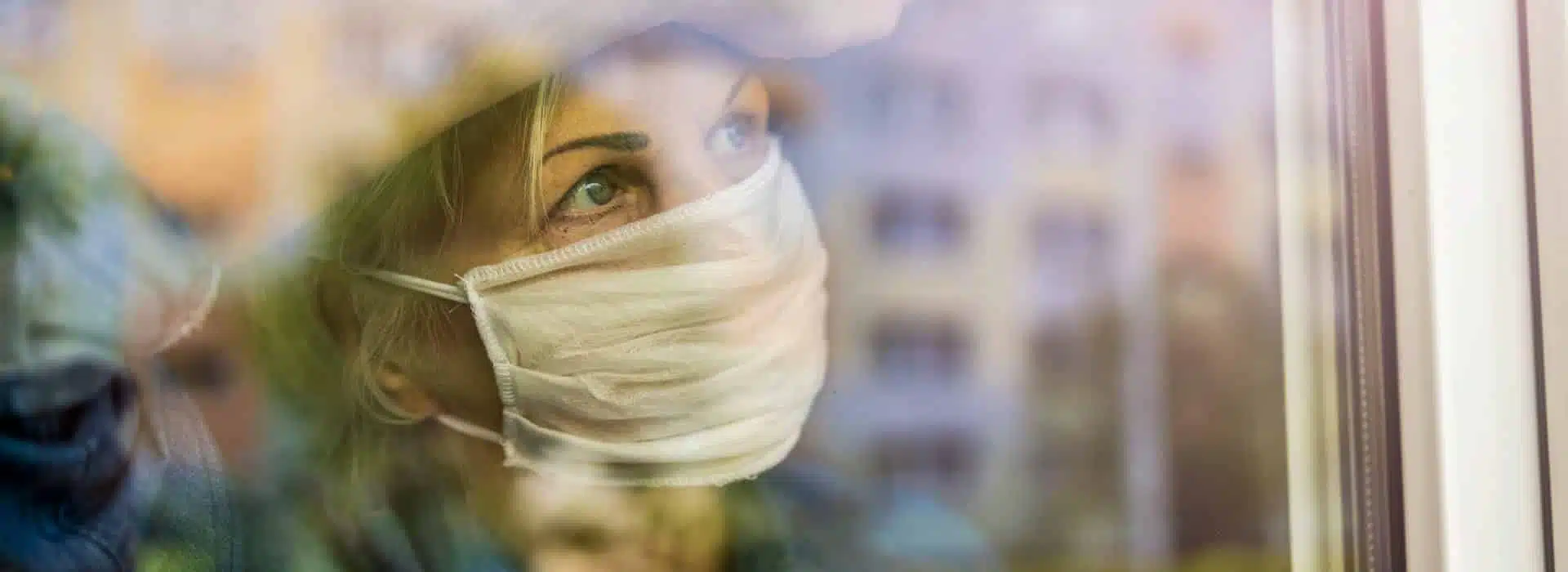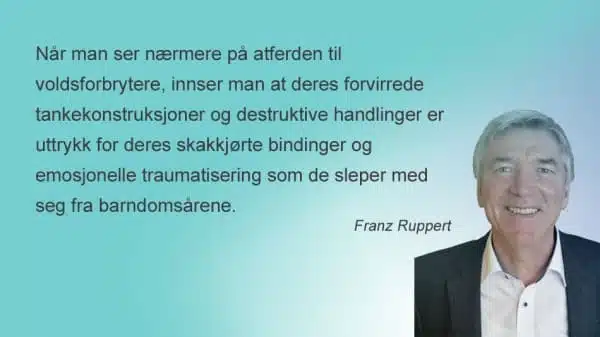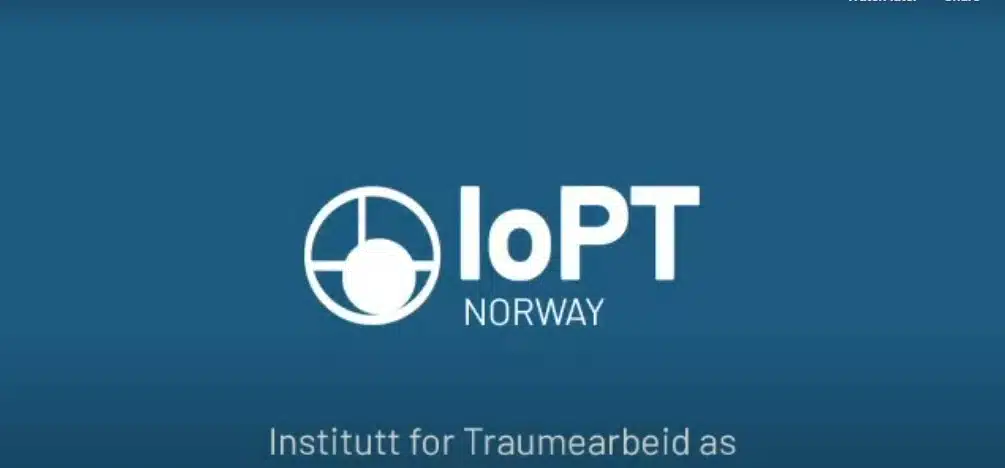Recently, there have been several reports in the media both regionally and nationally that deal with the consequences of the pandemic we are now living under and how it has contributed to an increase in mental health problems and illness.
- Mental Health Norway is experiencing a lot of traffic on the helpline (NRK, 24 March 2021), Church SOS has answered 2,391 calls between Palm Sunday and Easter Eve in 2021. 25 percent of the calls have dealt with suicide, an increase from 21 percent from the previous year (HT 6. April 2021).
- Tarjei Jensen Bech (county deputy mayor in Troms and Finnmark for the Labor Party) wrote an article in HT on April 6, 2021, "Zero vision for suicide in Troms and Finnmark" where he writes "the waiting time in psychiatry must be reduced and you must get help quickly, it should be established more low-threshold services and we should contribute to more openness and less taboo around mental health and suicide.
- On 26 April, VG published an article about the discouraging mental health of students in the SHOT survey (Students' health and well-being survey), written by Ingvild Vik and Randi Elise Midtskog. The number of students who have had suicidal thoughts or harmed themselves during the pandemic is high. Now student leaders are demanding that urgent help be given to those who are struggling the most.
- Research and Higher Education Minister Henrik Asheim calls the findings serious feedback from the students. "The proportion who say they have serious mental health problems is a whopping 45 per cent, which is discouraging".
- Kari-Jussie Lønning is the leader of the steering group for the SHOT survey, "we were worried that there would be an increase, but the fact that it is so large, we have to take seriously", she says, "there is reason to see the findings in connection with the pandemic and infection control measures. Mental health must be trained, in the same way as physical health. You have to have people around you who you trust, can have a good time with - but also share sorrows with. When we are deprived of this over a long period of time, mental health will also be strained," she says.
What is IoPT?
What is IOPT and what can IoPT contribute as relief to the public health service in Norway in the particularly pressured situation we are living in now? IoPT is an abbreviation for Identity-Oriented Psychotrauma Therapy and Theory . IoPT has a solid professional grounding in scientifically recognized psychological theory, such as attachment theory and trauma theory.
The theory has been built up through systematic clinical testing over 30 years, led by the German professor of psychology, Dr. Franz Ruppert. IoPT is a method and theory which, in addition to being a profound and highly effective therapy, is also suitable for lighter forms of work such as coaching, guidance and supportive conversations.
Practical "selfencounters"
Through the practical work with IoPT, arrangements are made for selfencounters in a form that enables the person to make contact with parts of themselves that are usually difficult to relate to or inaccessible to the conscious self.
This is done gently and in a way that is controlled by and at the same time strengthens the healthy psychological structures in the person, linked to autonomy and self-care. The method has proven to be very effective also because it is designed in such a way that one "gets past" psychological defense mechanisms that otherwise often block this contact.
Because this "overtaking" of defense mechanisms is controlled by the person's own healthy psychological resources, and because time is spent integrating the experiences that created the defense mechanisms, we see that inappropriate defense mechanisms that previously caused a lot of turmoil and problems in the person's life over time "add up peace".
The method also makes it possible to gain access to work with trauma experiences from the pre-language era. When such early traumas are integrated, we see a particularly large effect on the person's access to healthy psychological resources and an increase in ability and capacity related to handling everyday life and work.
IoPT as a theory and method focuses on processing psychotraumas, hereafter simply called traumas, in order to strengthen the individual's healthy psychological resources. In this context, it is important to clarify that IoPT uses a broad concept of trauma. Trauma is understood as "wounds" in the psychic self-structure, which are due to a psychological defense reaction that occurs when people experience stresses that are overwhelming in the sense that the person does not have the physical or psychological resources to defend themselves or escape. This means that there is no requirement to have been in danger of life or other outwardly dramatic life events in order for one, based on our understanding, to talk about the need to process a trauma. Whether a person is traumatized is not defined based on symptoms or other diagnostic criteria.
This broad understanding of trauma/traumatization is important to know in order to understand that IoPT is a therapeutic method that is well suited not only for those who are diagnosed with trauma disorders, but also for people who have completely different reasons for wanting therapy.
The times we live in
In this time when so many in our society live with extra pressure in life due to the pandemic, infection control measures and their consequences, the need is extra great for more measures that promote good physical and mental health, and which can prevent ill health in the population.
We would like to point out the necessity for the authorities to make practical and financial arrangements for the environment of IoPT therapists and supervisors. These are organized through the Norwegian Association of Trauma Therapists (NTF) and constitute a valuable resource as relief for the public health services in this demanding situation.
IoPT therapists can contribute actively to this work, both as an offer to people with moderate to severe disorders who are not entitled to further treatment in the public sector. But also to people with mild to moderate symptom pressure, who often end up far behind in the queue or are rejected when the GP seeks them into the specialist health service and they are in reality left without an offer.
There is no doubt that we now face major challenges when it comes to safeguarding the population's mental health. We believe that IoPT trauma therapy is an important contribution in these demanding times, so that the corona pandemic does not also become a psychological pandemic.
If you want to know more about IoPT, you can sign up for an information course organized regularly by IoPT Norway or read more here .








